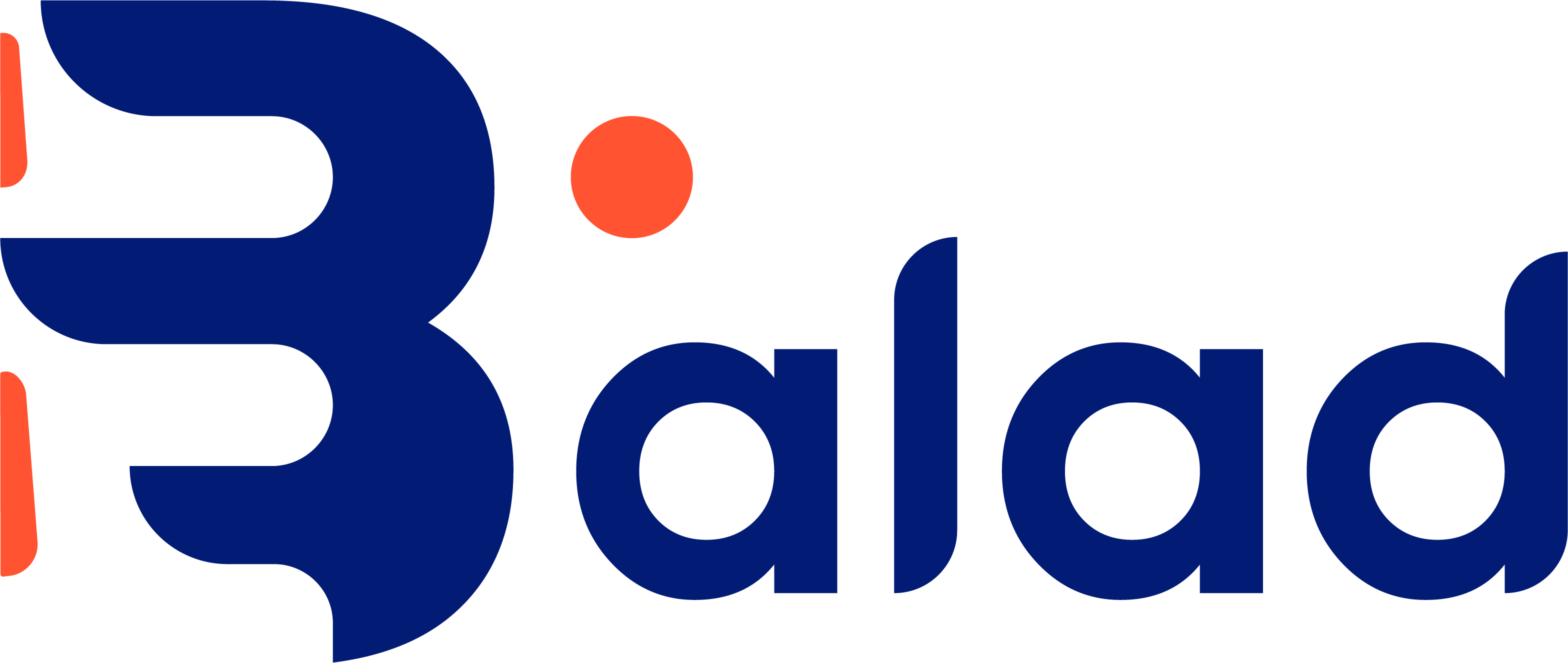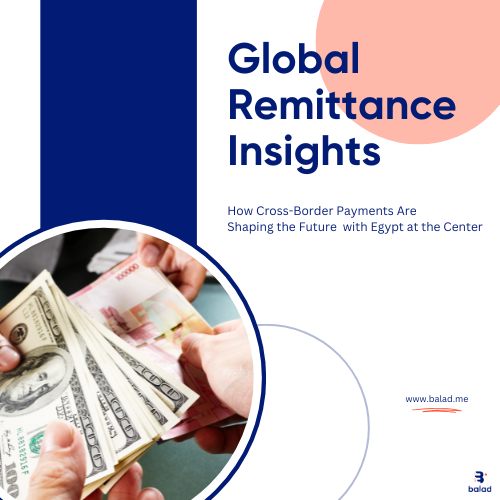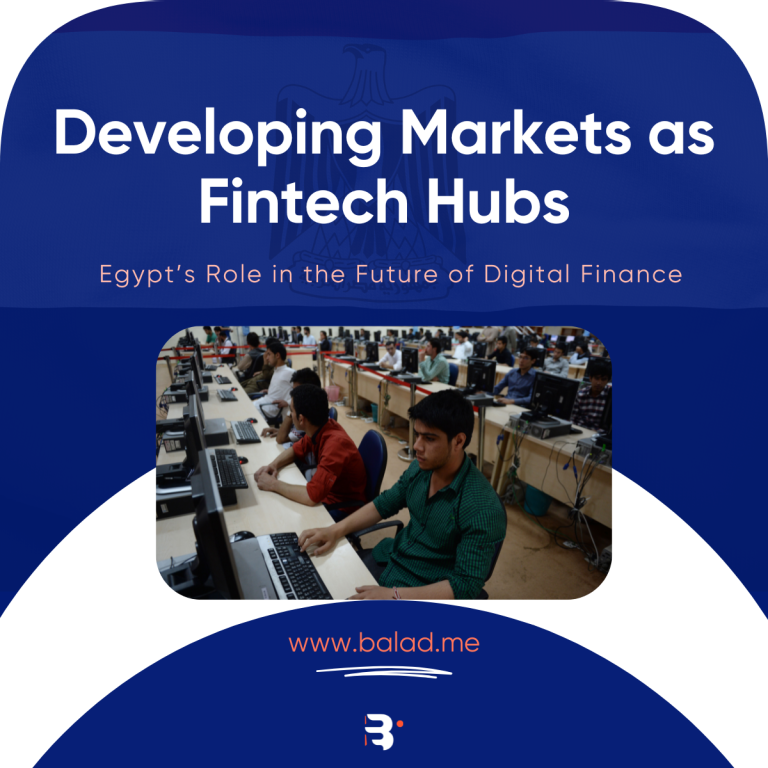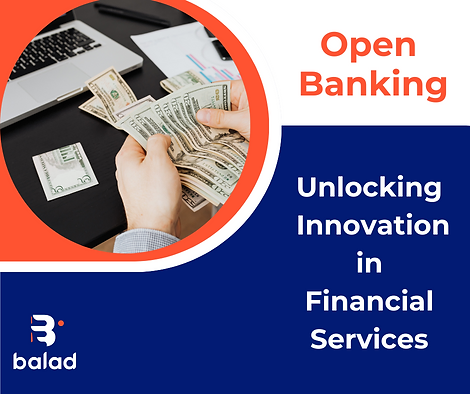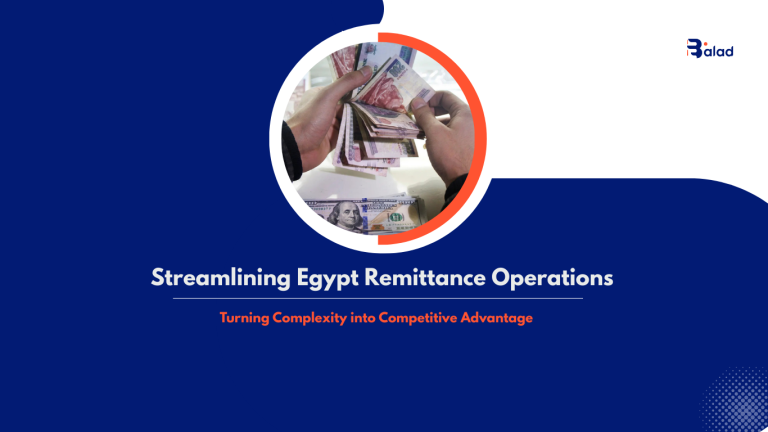The world is more interconnected than ever, and few things make that more tangible than the flow of money across borders. Remittances aren’t just financial transactions. They’re lifelines for families, fuel for local economies, and key drivers of global development. But how are these flows evolving? And what role do fintech platforms like Balad play in shaping their future, especially in vital corridors like the GCC to Egypt?
Let’s dive in.
A World in Motion: Understanding Global Remittance Trends
Global remittances are the circulatory system of the modern economy. Sent by individuals working abroad, these flows fund basic needs like housing, food, and education, and increasingly support business creation and long-term investment.
In 2022, remittances to low- and middle-income countries reached $647 billion, making them one of the largest sources of external financing for many developing economies (World Bank, 2023). But just as the need grows, so does the urgency to improve how these funds move faster, cheaper, and more securely than traditional systems allow.
This is where fintech steps in.
Fintech: The Engine Behind Smarter Cross-Border Payments
Fintech platforms are modernizing the outdated plumbing of international transfers. Instead of legacy networks with high fees and long delays, new API-based platforms offer real-time settlement, transparent pricing, and seamless compliance.
Take Balad, for example. Built in Egypt for Egyptian remittance flows, Balad enables licensed Money Transfer Operators (MTOs) and global fintechs to disburse funds in EGP directly into local bank accounts, mobile wallets, or as cash pickups nationwide. The system is fully compliant with local regulations and operates through a direct integration with Egypt’s national payment systems via our partner bank.
In a market like Egypt, where trust, speed, and clarity are essential, the “last mile” is where fintech makes its mark.
The GCC and Egypt: A Corridor That Matters
With an estimated $33 billion in annual remittances, Egypt is the fifth-largest remittance-receiving country in the world. Over 75% of these flows originate from GCC countries like Saudi Arabia, the UAE, and Kuwait reflecting deep economic ties and labor migration patterns.
Egypt is also the largest remittance market in Africa, accounting for roughly one-third of all remittances received across the continent. These flows are not just significant — they are strategic, sustaining household consumption, alleviating poverty, and contributing vital foreign currency inflows.
Platforms like Balad simplify and secure this process. Through a direct connection to local settlement infrastructure via our regulated banking partner, Balad allows global remittance players to tap into Egypt without needing to navigate complex local banking setups. Funds are disbursed in real time, with full transparency and compliance with Central Bank of Egypt requirements.
Tackling the Big Challenges: Transparency, Security, Compliance
Cross-border transactions are inherently complex. They involve fluctuating exchange rates, multi-jurisdictional compliance, and concerns over AML/CFT regulations. Yet fintech is closing the gap.
Balad’s platform, for example, provides:
- Transparent FX and fee structures for partner platforms and end users
- Full compliance with Egypt’s regulatory framework
- Direct settlement access via national systems through our partner bank
- Real-time API disbursement to bank accounts, mobile wallets, and cash pickup locations
This is how modern remittance infrastructure should work: fast, compliant, and clear.
Case Study: Egypt’s Digital Rails for Remittance
Egypt’s remittance market is large, fragmented, and historically cash-heavy. But it’s changing fast.
At Balad, we disburse funds through a nationwide network of cash pickup points, ensuring coverage even in underserved areas. But we’re also seeing a strong shift toward wallet usage, particularly due to the Central Bank of Egypt’s push to implement and promote InstaPay. This initiative has led to broader awareness and adoption of mobile wallets, especially among younger users and urban recipients.
Whether it’s a bank account in Cairo, a wallet in Aswan, or cash collection in a rural governorate, Balad ensures funds arrive securely, swiftly, and in full compliance with local regulations.
Looking Ahead: What the Future Demands
The future of remittances isn’t just digital. It’s human-centric.
Yes, infrastructure and APIs matter. But so do the people behind every transfer the worker abroad, the family back home, the partner platform managing compliance risk. The next chapter of remittances will belong to the platforms that can deliver all three: speed, trust, and clarity.
At Balad, we don’t just enable remittances into Egypt. We specialize in them.
We’re building the rails for compliant, transparent, EGP-denominated payouts trusted by global partners and licensed operators across the world.
Built in Egypt. Trusted by the world.
To learn more about how you can partner with Balad, reach out at nisreen.sadek@balad.me
